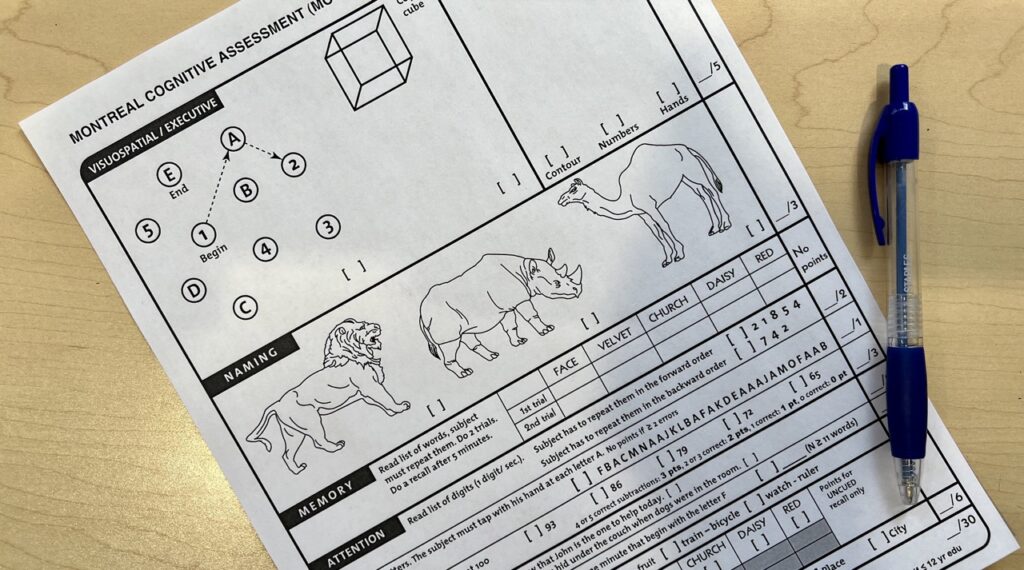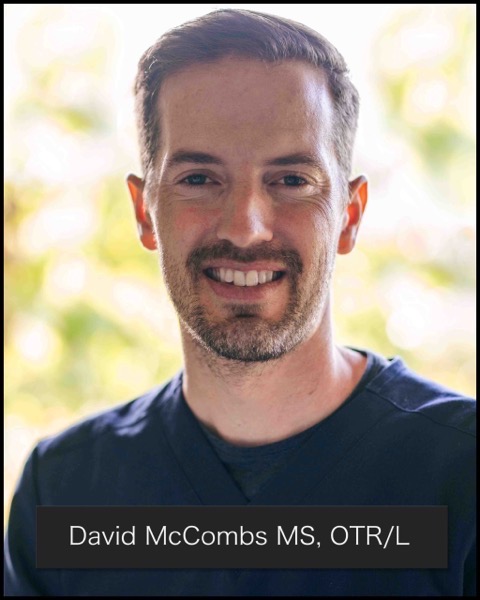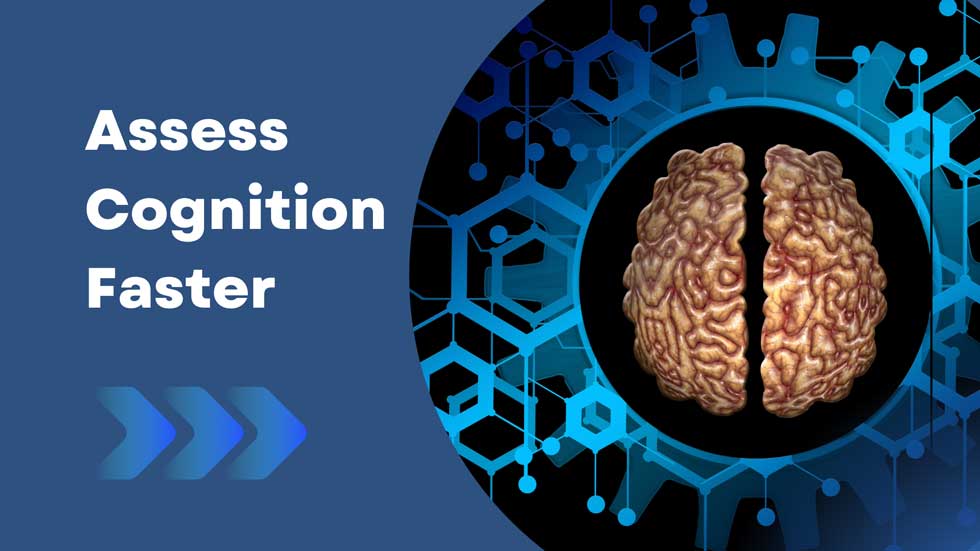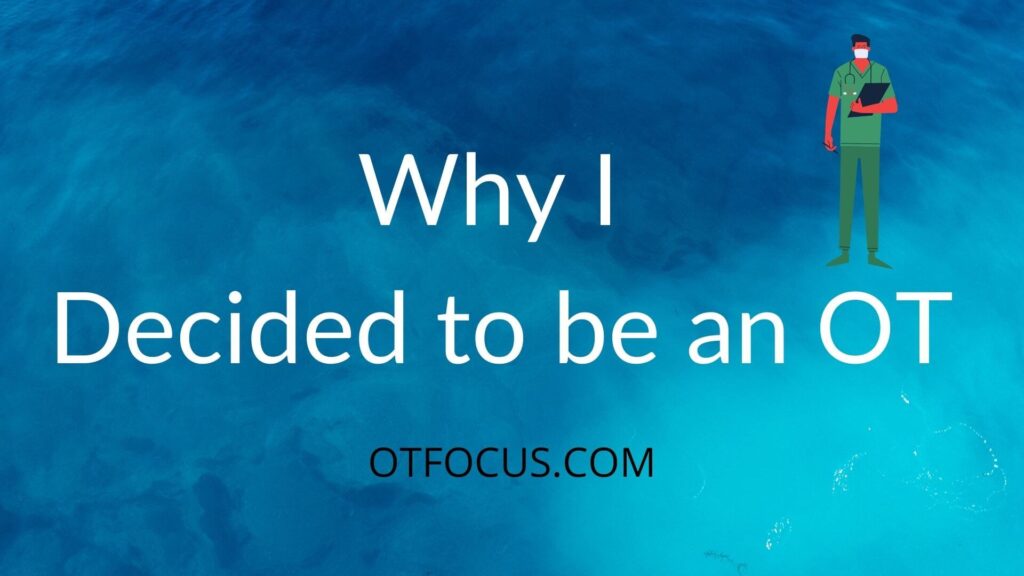If you work in acute care, rehab, home health or work with the older population, you may find it helpful to do a quick cognitive assessment to see if you’re patient is safe to be independent with their ADLs or IADLs.
The quickest way to do a cognition screening is to have a patient draw a clock. This test will help you quickly identify if the patient has any significant deficits related to vision, executive functioning, memory, balance and coordination.
While a clock can be helpful, I prefer spending a few more minutes with these other assessments.
Mini Cog
If you want to take your assessment a step further, have your patient take the mini Cog. The mini cog is free and includes the clock test and memory assessment.
It’s also easy to memorize so you don’t have to take the assessment with you.
The MOCA

The MOCA is my favorite assessment for cognition.
It’s one of the best assessments for patients with cognitive deficits or mild dementia. The MOCA assesses 8 domains and can be completed in about 10 minutes or less.
Although you technically need to be certified to administer it, you can download it for free and use it as a quick screening tool.
The MOCA doesn’t only give you a score for your patient, but helps you understand the problem areas, so you can make goals.
For example, if your patient scores low in memory but normal in other domains, you can focus your treatment on activities to address memory (memory journal, games, etc).
How I use it
You can also use the MOCA as a brief screening tool for cognition. If you don’t have 10 minutes to assess cognition, just spend 2-5 min assessing memory, vision and executive functioning.
If I’m doing an evaluation, sometimes I’ll just do 3 or 4 items on the MOCA. If I suspect they may have significant deficits, I’ll either go more in depth or do a full MOCA assessment the following day.
Special considerations
The MOCA is great for most patients but may not be accurate for patients with a language barrier or visual deficits.
It is not a diagnostic tool, but it can be helpful to determine if a patient has signs of mild or moderate/severe dementia.
SAGE
The Self-Administered Gerocognitive Exam (SAGE) is designed to detect early signs of cognitive, memory or thinking impairments. It evaluates your thinking abilities and helps physicians to know how well your brain is working.
If you are unable to do a cognition test in person, try using the SAGE assessment.
The SAGE test can be given to the client to be completed on their own at home. It takes about 10-15 minutes to complete and only requires a pen and printed copy of the assessment.
This may be helpful if you’re doing a remote assessment or if a family member is requesting a test they can do at home.
Special considerations
The patient has to be able to print the test, complete it, and send it back. Otherwise, the test can be downloaded as a mobile app.
Currently, it does not work on the iPhone.
Other free assessments
I’ve found that the best cognition assessments are free. Here are a few others I recommend.
- Mini mental state exam (5 min)
- SLUMS (10-15 min)
- Short Blessed test (5-10 min)
The MMSE is a great quick screening tool, but it doesn’t include the clock drawing. The slums is similar to the MOCA but more preferred by speech therapists.
Conclusion
I’ve mentioned a few tests in this article, but if you only need one, go with the MOCA. It may take a little longer, but you can omit questions, and use it as a screening tool.
If you have to include an assessment in your documentation and you’re short on time, go with the mini cog. It’s fast, easy, and will give you good results, but it’s not as comprehensive as the MOCA.
I hope this article was helpful. Subscribe below to learn more occupational therapy tips and tricks, and don’t forget to check me out on youtube and instagram.

David is the lead editor of OT Focus. He has been practicing as an Occupational Therapist since 2013. He specializes in acute care, hand therapy, and ergonomics.




